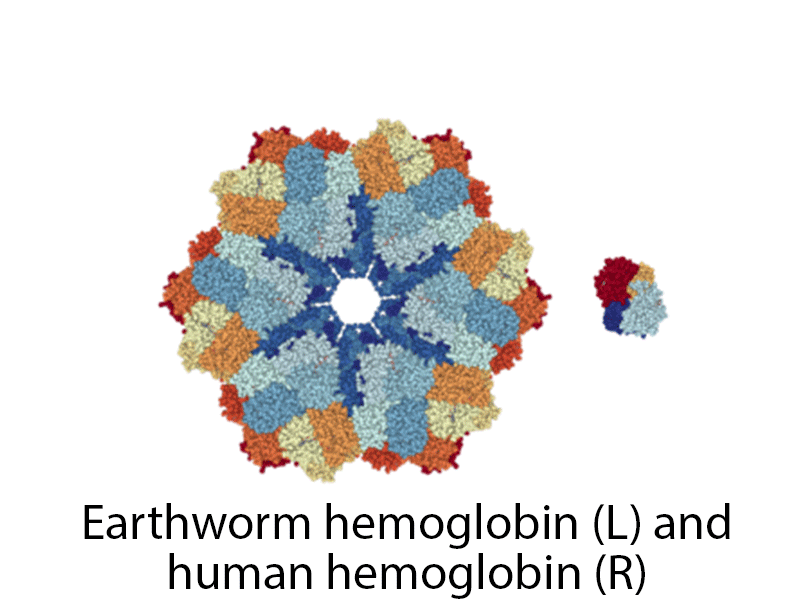Advances in Earthworm Hemoglobin Blood Substitute Research

In 2017, Dr. Jacob Elmer, Dicciani Endowed Associate Professor of Chemical and Biological Engineering, was awarded a $254,000 grant from the National Institutes of Health for “Evaluation of Invertebrate Hemoglobins as Effective, Safe, and Ultra-Stable Blood Substitutes.” Working with researchers at Children’s Hospital of Philadelphia, his research was focused on developing a blood substitute from earthworm (Lumbricus terrestris) hemoglobin (a.k.a. LtEc) that would not require refrigeration and could be deployed to save lives in remote areas, developing countries, and military battlefields. Thus far, this ongoing project has succeeded in developing cross-linked derivatives of LtEc that are stable at temperatures up to 40oC for 7 days or more.
Today, Dr. Elmer is furthering his research in partnership with IO Biosciences, a Philadelphia-area biotechnology company. The goal is to express the LtEc genes in Chinese hamster ovary (CHO) cells instead of extracting it from worms.
The move to CHO cells is a pragmatic one. Dr. Elmer explains, “We currently extract LtEc from earthworm homogenate but making it in CHO cells would allow us to develop much larger batches and also provide control over the gene sequences, just in case we want to make mutations.”
While Dr. Elmer and his team bring their expertise with LtEc to the table, IO Biosciences has a unique CHO cell line that will enable easy integration of the LtEc genes into the CHO cell genome. The end goal is to provide an alternative means of manufacturing LtEc for use as a blood substitute. Dr. Elmer credits IO Biosciences’ CEO Sicco Popma for his role in facilitating the collaboration and also recognizes the contributions of scientists Di Zhang and Steven Schnell who have supported the genomic integration experiments.
